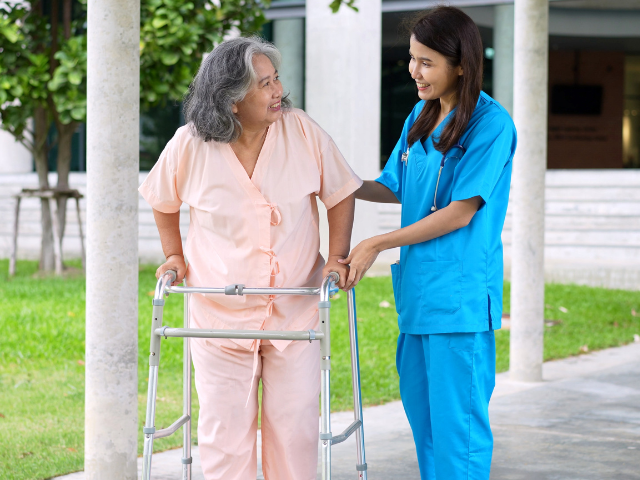Meaning of Age-Friendly Healthcare
The John A. Hartford Foundation and the Institute for Healthcare Improvement, American Hospital Association and Catholic Health Association of the United States, launched the age-friendly health systems initiative in 2019.
And Grantmakers in Aging (GIA) defines age-friendly health systems as those that “aim to follow an essential set of evidence-based practices, cause no harm, and align with what matters to older adults and their caregivers.”
Need for Age-Friendly Healthcare in Elder Care
Healthcare is becoming increasingly burdensome. People with chronic conditions and their caregivers spend an average of two hours daily on healthcare tasks. An estimated 60% to 70% of older adults with multiple chronic conditions are the primary healthcare recipients.
Treating individual diseases without considering each person’s overall health status and life situation can result in conflicting provider recommendations and, in some cases, worsen co-existing conditions.
The effect of the COVID-19 pandemic in nursing homes and among underserved older adults raised awareness of the need to ensure age-friendly and safe care for those in times and situations of greatest need.
Focus of Age-Friendly Healthcare
Outcomes that best show if patients are getting what they want from healthcare include “physical, cognitive, psychosocial, and social functioning,” according to GIA.
“Unfortunately, these patient-centered functional outcomes do not appear in electronic health records (EHRs), generally do not determine payment or quality, and are largely ignored in most healthcare settings,” the GIA issue brief stated. “This unfortunate disconnect is detrimental to all patients, and particularly older adults. The movement to make health systems age-friendly exists to address this disconnect.”









